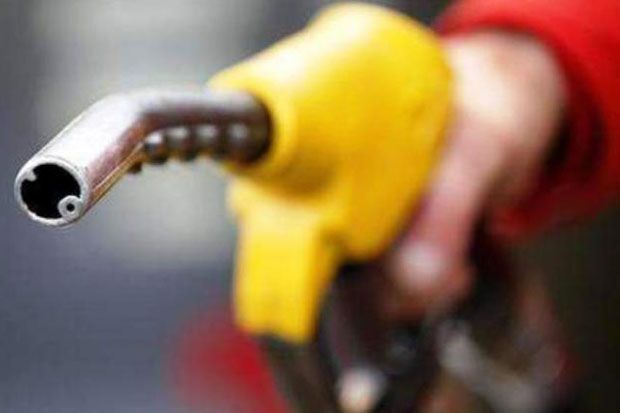UNAIR NEWS – The earth’s condition is getting worse. Fuel oil (BBM) with low research octane number (RON) is suspected to be one of the causes of environmental pollution in the mother earth.
The Indonesian administration is rumored to be transitioning energy transfer (shifting energy) to fuel with a RON above 91 which is more environmentally- friendly. Premium fuel oil (RON 88) will be replaced with Pertalite BBM (RON 90), then Pertalite BBM will be gradually phased out. So that later there will only be Pertamax BBM (RON 91/92) and Pertamax Turbo BBM (RON 95).
Agreeing with the government’s plan, UNAIR Economist Gigih Prihatono, SE, MSE, said that Indonesia needs more environmentally-friendly energy. The threat to climate change is quite real in front of our eyes.
“According to my estimation, Indonesia will need about two years to really shift Pertalite,” he said.
However, some things need to be considered by the administration. Indonesia is currently undergoing a recovery process from pandemic Covid-19, which lowers people’s purchasing power.
One component related to the livelihood of many people is fuel. So when the regulation is implemented without looking at the ongoing recovery process, it is feared that it will burden the poor.
“In my opinion, if the shifting from Premium to Pertalite is made in stages, it will not be too much of a problem for the Indonesian economy,” he said.
Risk mitigation of Premium and Pertalite fuel oil shifting plan
Gigih revealed that the most common risk mitigation related to the policy plan is related to the increasing burden on less fortunate communities. The government must provide protection related to this with several social programs such as the National Health Insurance (JKN) and the Family Hope Program (PKH) to reduce the negative impacts of a fuel shift.
“Then, if shifting is implemented in urban communities, it is feared, in the short term, it will trigger inflation,” he said.
Currently, the cost of fuel is one of the major components in a company’s business, especially in the transportation and logistics sector. The spike in inflation must be mitigated from the start by the administration. The stable inflation trend at the level of three percent should be maintained.
In the long term, the community will most likely be affected. Public transportation in big cities must be improved fast in quantity and quality. That way, people can choose to use their own vehicle at a higher cost or choose public transportation.
“For big cities in Indonesia, fuel distribution is relatively smooth. However, not with the distribution of fuel in small towns, it requires more attention,” he said.
According to Gigih, energy shifting is expected to be applied to public transportation and other tools with large emissions. If the purpose of shifting is for decarbonization, regulations are needed for old vehicles with emissions above the threshold.
“Their emission sources are far more polluting than current engine technology. Because the engine is old, and in terms of speed, it will also interfere with traffic on the road,” he concluded. (*)
Author: Sandi Prabowo
Editor : Binti Q. Masruroh





